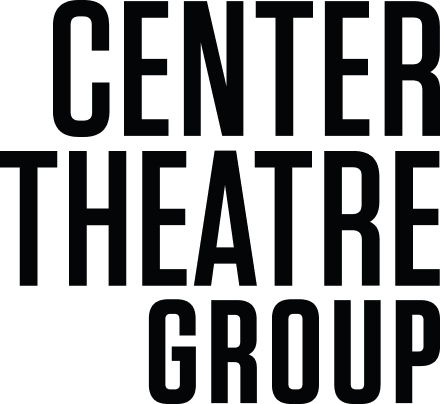Casting
Center Theatre Group does not have a resident or repertory company of actors and is always looking for new talent for our stages. We cast for the Ahmanson Theatre, Mark Taper Forum, and Kirk Douglas Theatre, in addition to various readings, workshops, and special events. Most of our work is based in Los Angeles, but occasionally we have projects that are based in New York or elsewhere.

